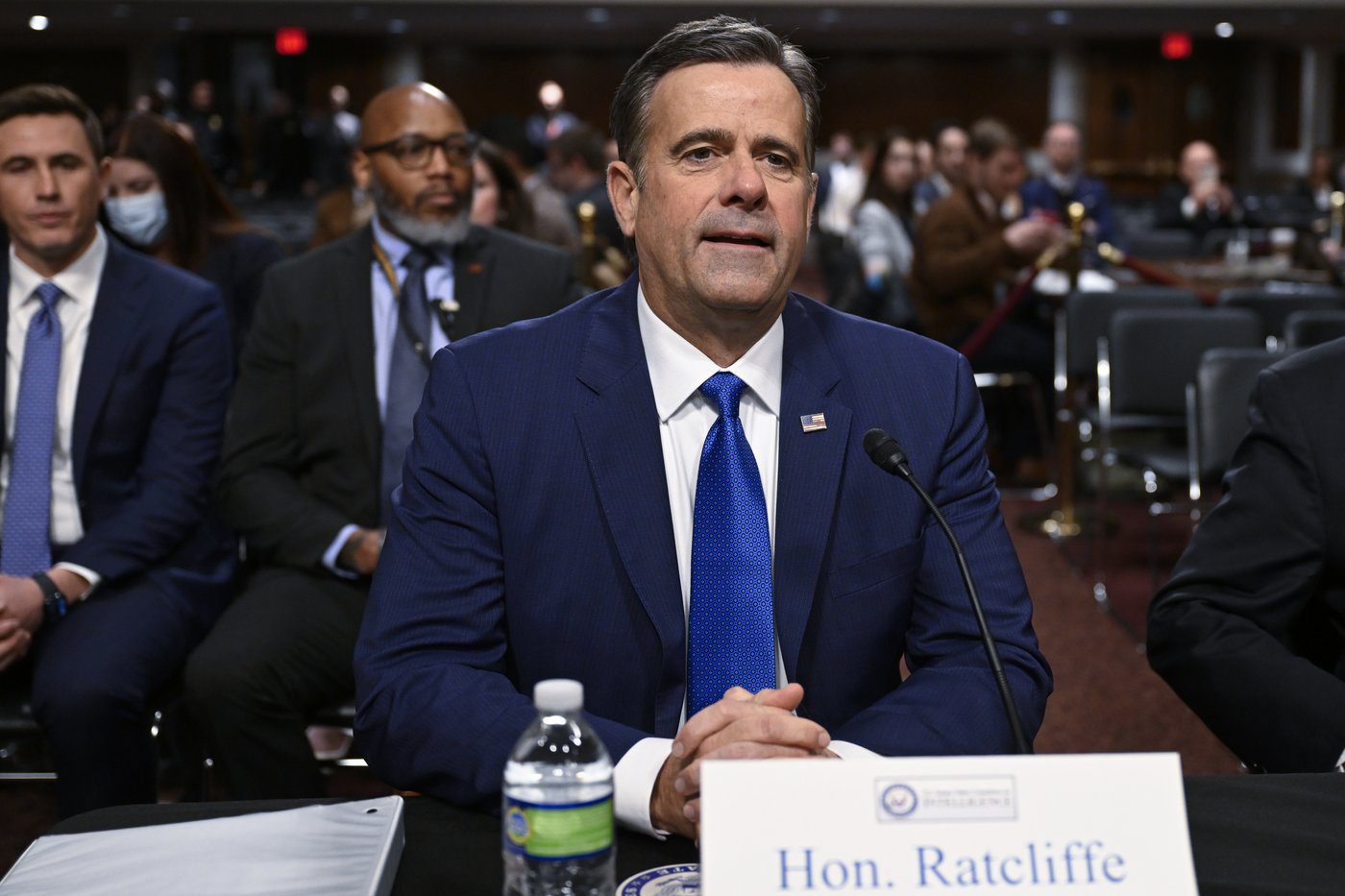WASHINGTON (AP) — President-elect Donald Trump’s pick to lead the CIA told senators during his confirmation hearing Wednesday that the nation’s premier spy agency must do a better job of staying ahead of global threats posed by Russia, China and other adversaries.
John Ratcliffe, who served as director of national intelligence during Trump’s first term, told lawmakers that if confirmed, he would push the agency to do more to use technologies like artificial intelligence while also expanding the agency’s use of human intelligence collection.
“We’re not where we’re supposed to be,” Ratcliffe told the Senate Intelligence Committee.
Republicans praised Ratcliffe’s experience, but Democrats struck a more skeptical tone, asking Ratcliffe if his loyalty to Trump would conflict with his duties to follow intelligence wherever it leads. Ratcliffe assured the lawmakers that he would put the CIA’s mission first.
“My record of speaking truth to power and defending the intelligence community …. is very clear,” he said.
Ratcliffe is a former federal prosecutor and conservative member of Congress representing a district in Texas. He was a fierce defender of Trump during his first impeachment proceedings in the House.
His hearing before the Senate Intelligence Committee is part of a weeklong marathon as the Republican-led Senate rushes to have some of Trump’s nominees ready to be confirmed by the full Senate as soon as Inauguration Day on Monday.
Ratcliffe’s experience as director of national intelligence, and his Senate confirmation for that post, are expected to boost his chances in the Senate this year, especially compared with Trump’s nomination of Tulsi Gabbard to head ODNI. Gabbard, a former congresswoman from Hawaii, has faced bipartisan criticism over past comments supportive of Russia and 2017 meetings with former Syrian President Bashar Assad.
Trump and other Republicans have criticized the work of the CIA and other spy agencies, saying it’s focused too much on issues like climate change or the diversity of its workforce. The committee chairman, Sen. Tom Cotton, R-Ark., cited the recent attack in New Orleans as one example of a deadly incident that occurred without any warning from intelligence officials.
“In these dangerous times, our intelligence agencies haven’t anticipated major events or detected impending attacks,” Cotton said at Wednesday’s hearing. “I could give other examples,but suffice it to say we’re too often in the dark. … The CIA has neglected its core mission.”
The calls for sweeping changes have worried some current and former intelligence officials who say the changes could make the country less safe.
If approved, Ratcliffe will succeed outgoing CIA Director William Burns.
Trump first tapped Ratcliffe to serve as director of national intelligence in 2019, but he quickly withdrew from consideration after lawmakers raised questions about his qualifications. He was ultimately confirmed by a sharply divided Senate after Trump resubmitted the nomination.
As director of national intelligence, Ratcliffe oversaw and coordinated the work of more than a dozen spy agencies. Among other duties, the office directs efforts to detect and counter foreign efforts to influence U.S. politics.
Like other Trump nominees, Ratcliffe is a Trump loyalist. Aside from his work to defend Trump during his first impeachment proceedings, Ratcliffe also forcefully questioned former special counsel Robert Mueller when he testified before lawmakers about his investigation into Russian interference in the 2016 election.
As director of national intelligence, Ratcliffe was accused by Democrats of politicizing intelligence when he declassified Russian intelligence that purported to reveal information about Democrats during the 2016 election even as he acknowledged the information might not be accurate.
David Klepper, The Associated Press








